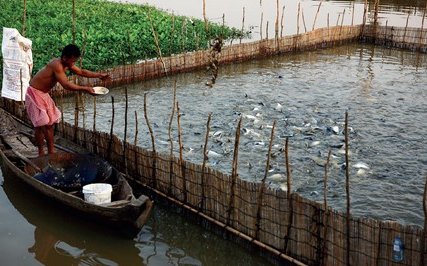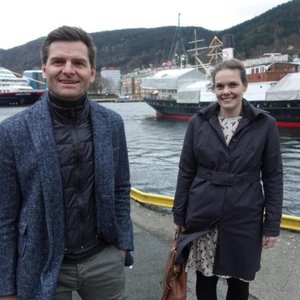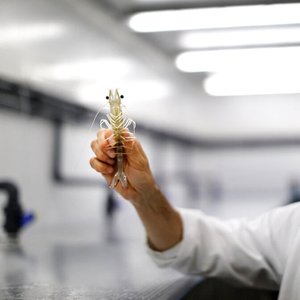Green Fuels Research, in partnership with the School of Chemical Engineering, Hà Nội University of Science and Technology (HUST) was awarded grant funding by Innovate UK, the UK’s innovation agency, under Energy Catalyst 8, to conduct a feasibility study into the conversion of pangasius mortalities and processing waste into a sustainable biofuel for distributed power generation.
The project will address all three areas of the energy trilemma (affordable and available, green and clean, secure and reliable) through the design of a process and facility for converting fishery waste to sustainable, low cost, net-zero carbon diesel generator fuel which can be used within the existing infrastructure to provide secure energy supply to fish farms. Although grid connectivity in Vietnam is relatively high, the country’s aquaculture sector, with farms frequently located in remote areas, is heavily reliant on fossil diesel generators.
Among the project’s expected outcomes will be the assembly of a demonstration plant, development of a commercially viable business plan and value chain for future commercialization and opportunities for industry and community engagement. A further outcome will be a detailed life-cycle analysis to demonstrate clearly the overall CO2eq savings in comparison with the current state-of-the-art.
Launching the project, Green Fuels group’s chief strategy officer, Paul Hilditch, said, “we are genuinely excited that PoWGEN will focus on Vietnam, the world’s fourth-largest aquaculture producer at 6.4 million tons per year. The sector there has grown exponentially at 20% annually over the last decade. Based on a 20% average fish mortality rate, some 400,000 tons of energy-rich pangasius waste material is potentially available every year, itself increasing at an annual rate of 20%. As feedstock is the lifeblood of any biofuels operation, we are confident that this project can have a dramatic impact on the decarbonization of power generation in the region.”













